As a student, juggling classes, assignments, and possibly part-time work or sports can take a toll on your body. One often overlooked factor in staying injury-free and mentally sharp is nutrition. Weekly meal prep isn’t just about saving time or money—it’s a powerful tool backed by science to reduce injury risk, support recovery, and enhance cognitive performance.
Injuries aren’t just the result of physical strain—they’re often linked to poor recovery, chronic inflammation, and nutrient deficiencies. Research shows that consistent intake of key nutrients like protein, omega-3 fatty acids, antioxidants, and vitamins (especially D and C) plays a critical role in tissue repair and immune function.
When students skip meals or rely on processed fast food, they miss out on these essential nutrients. This increases oxidative stress and weakens connective tissues, making sprains, strains, and overuse injuries more likely—especially if you're physically active.
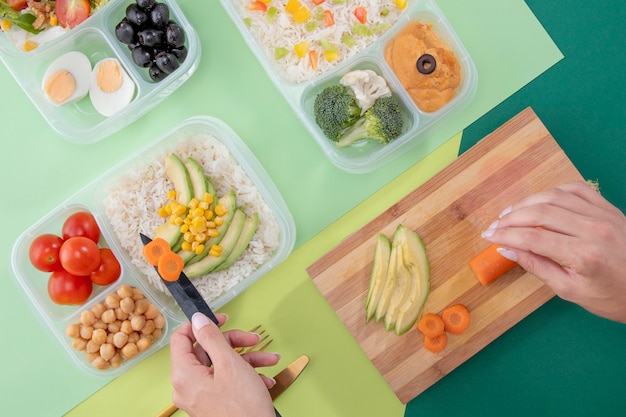
Your body repairs muscle and connective tissue primarily during rest, but only if it has the right building blocks. Consuming adequate protein every 3–4 hours helps maintain muscle protein synthesis, which is crucial for recovery and injury resilience.
A 2023 meta-analysis published in the Journal of the International Society of Sports Nutrition found that individuals who consumed balanced meals with protein and complex carbs within two hours post-exercise experienced 30% faster recovery and reported fewer musculoskeletal complaints over time.
Designing your weekly meals with injury prevention in mind means focusing on anti-inflammatory, nutrient-dense foods. Here’s a science-backed blueprint:
You don’t need a gourmet kitchen or hours of free time. Here’s how to make this work on a student budget and schedule:

Whether you're vegetarian, vegan, gluten-free, or managing food allergies, the principles remain the same: prioritize whole foods, balance macronutrients, and space meals evenly throughout the day.
For example, plant-based students can combine beans and rice for complete protein, while those avoiding dairy can opt for fortified plant milks to maintain calcium and vitamin D intake—both essential for bone strength and injury prevention.
Meal prep doesn’t exist in a vacuum. Poor sleep and high stress increase cortisol levels, which can break down muscle tissue and impair healing. Eating balanced meals helps stabilize blood sugar, which in turn supports better sleep and mood regulation.
By planning your meals weekly, you create a routine that supports not just physical health, but mental clarity and emotional resilience—critical for academic success and long-term well-being.
Here’s a simple starter plan:
Repeat this cycle weekly, rotating proteins and veggies to maintain variety and nutrient diversity.
Over time, you’ll notice fewer energy crashes, improved focus, and—most importantly—fewer aches and injuries that slow you down.
Take control of your health with just a few hours of planning each week. Your body—and your grades—will thank you.

Wellness

Wellness

Wellness

Wellness
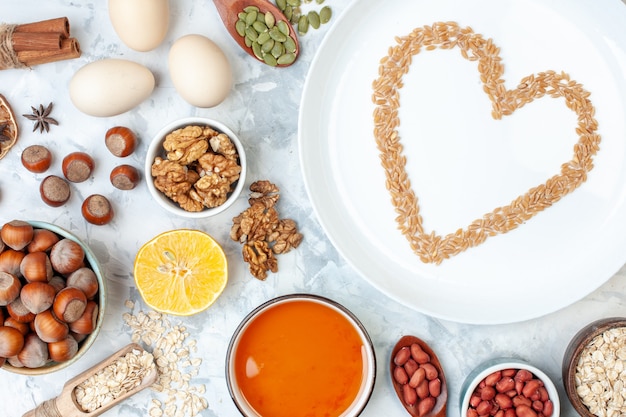
Health

Wellness

Wellness
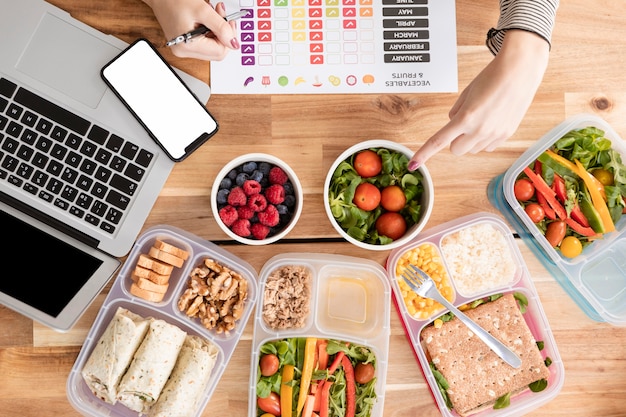
Wellness
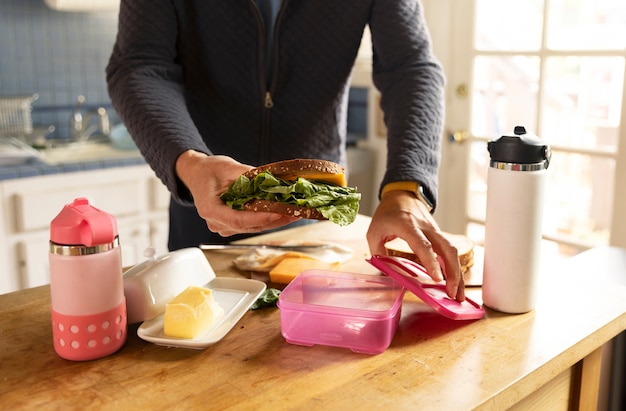
Fitness
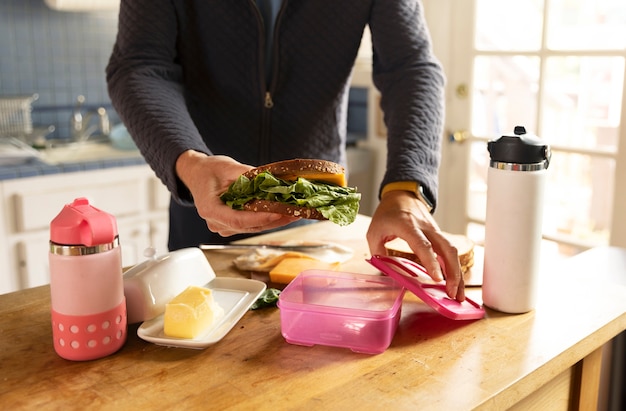
Wellness
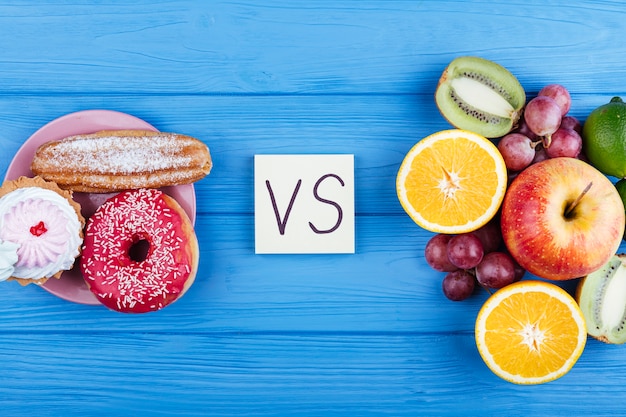
Health
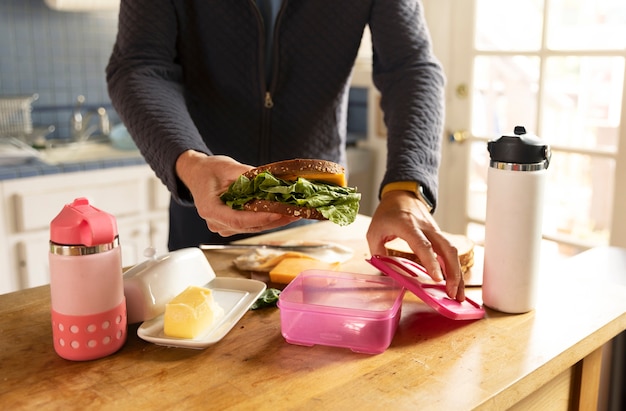
Wellness

Health

Fitness

Health

Health